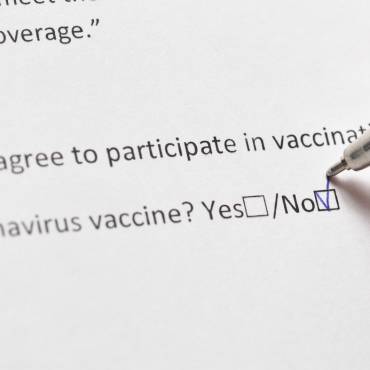Experimental Maleria Vaccine Caused Disease to Spread Through Vaccinated Mice and Become More Serious
When Pennsylvania State University biologist Andrew Read injected mice with a component of several promising malaria vaccines, he got a disquieting result: The malaria parasites spread through the immunized mice and evolved to become more virulent.
Unvaccinated mice infected with these super-parasites got much sicker than those infected with ordinary malaria.
The findings, Read said, should not discourage research on malaria vaccines – the disease kills hundreds of thousands of African children every year, and the parasites tend to develop resistance to drugs. Between 15 and 20 vaccines are currently in clinical trials around the world, mostly in Africa. Read, who is trained as an evolutionary biologist, said he hopes his result will prompt vaccine researchers to consider how vaccines may affect the evolution of the parasites.
Read has also worked on the evolution of bacteria that resist antibiotics. In a provocative paper published last year, he suggested that typically prescribed doses of antibiotics can sometimes favor resistant strains. Smaller doses, which allow the immune system to kill resistant bacteria, could prove a better long-term approach.
In infectious disease, individual bugs compete within a host, as do individuals in any population of organisms. If a drug or vaccine doesn’t completely wipe out or prevent infection, the intervention can tip the evolutionary playing field and possibly favor not only bugs that resist that particular drug, but ones that spread faster, or cause more severe symptoms, Read said.
The malaria findings, published in last week’s issue of the journal PLoS Biology, are being taken seriously by vaccine researchers. “If there is an effect like this we need to be mindful of it and take steps to minimize this kind of impact,” said Patrick Duffy, chief of the laboratory of malaria immunology and vaccination at the National Institutes of Health.
The findings don’t apply to most existing vaccines, such as those used against smallpox, measles, and mumps. Those prevent people from ever getting infected, so there’s no opportunity for the viruses to evolve in immunized people, Read said. But the malaria parasite is a more complex organism and no vaccine being tested now can wipe it out.
Source: Planet of the Apes, 6th August 2012 – http://www.philly.com/philly/blogs/evolution/165163476.html

